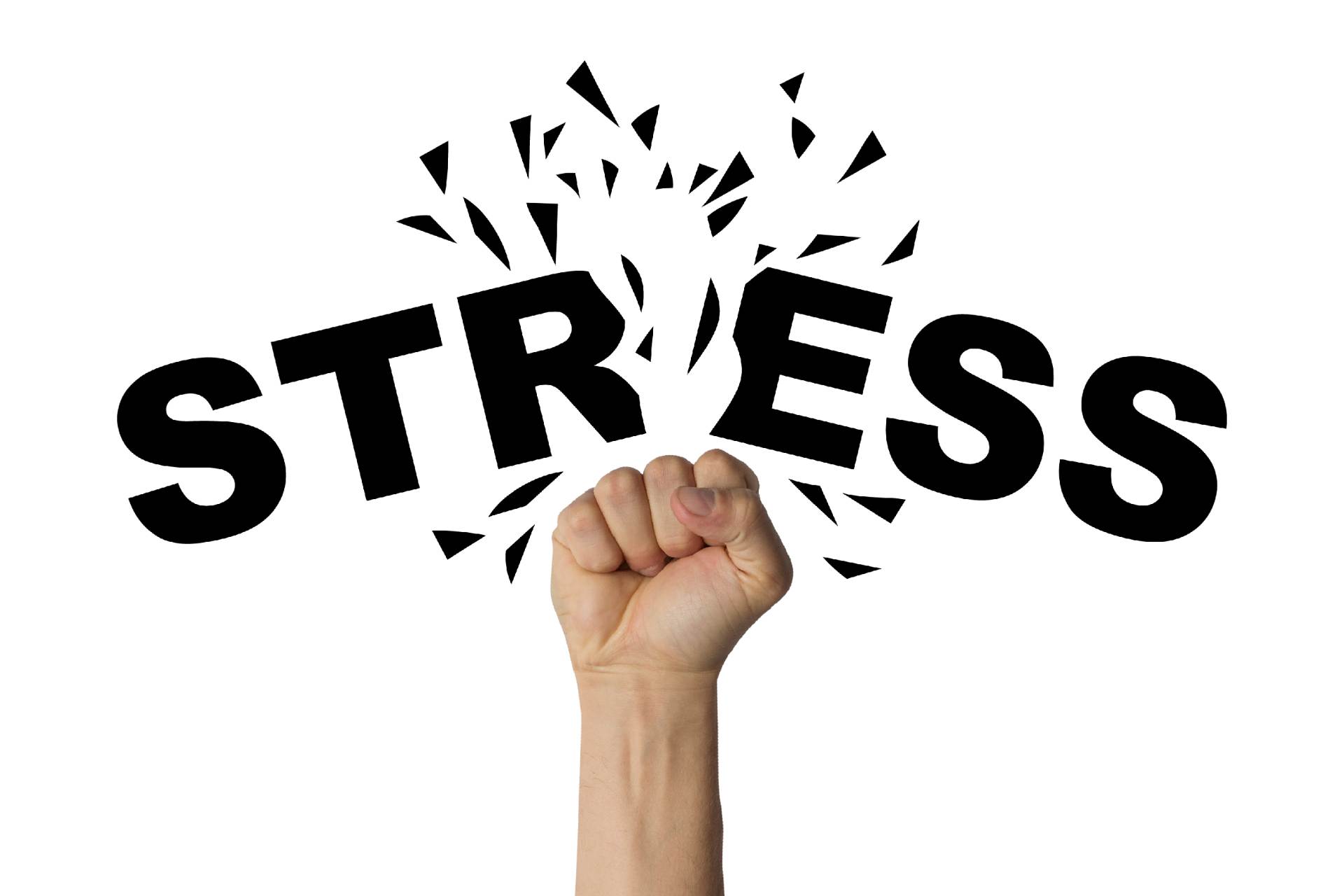
April, designated as Stress Awareness Month, offers a timely opportunity to address an ever-pervasive aspect of modern life: stress. In the landscape of mental health, understanding and managing stress is crucial, not just for our mental well-being but for our overall quality of life. A key component in navigating the turbulent waters of stress involves recognizing our feelings, understanding our current coping mechanisms, and learning how to effectively control our reactions to stressors. From a mental health perspective, gaining control over our feelings is not about suppression; rather, it’s about acknowledging our emotions and responding to them in a healthy, constructive way.
Recognizing Our Coping Mechanisms
Our coping mechanisms are often automatic reactions developed over time to help us deal with uncomfortable situations or emotions. These can range from escaping or avoiding stressors to becoming irritable or withdrawn. While these strategies may have once served a protective or defensive purpose, they often do not contribute to long-term peace and resilience. Acknowledging that these coping skills have helped us in the past is important, but it’s equally vital to recognize when it’s time to develop more effective strategies.
The Power of Awareness and Pause
The journey to managing stress begins with awareness. Identifying our feelings as they arise and consciously deciding to pause before reacting can significantly alter our engagement with stress. This pause is not a period of inaction but a powerful space for choice. It’s within this space that we can employ grounding or self-compassion exercises, which allow us to shift from a reactive stance to one of control and mindfulness.
Grounding and Self-Compassion Exercises
Grounding exercises bring our attention back to the present moment, helping to alleviate feelings of overwhelm or anxiety. Techniques can include focused breathing, sensory engagement (noticing what you can see, hear, touch, taste, and smell), or mindfulness meditation. Self-compassion exercises, on the other hand, involve treating oneself with the same kindness and understanding that we would offer a good friend. This can involve positive affirmations, journaling about your positive qualities, or simply reminding yourself that it’s okay to be imperfect.
Moving Towards Peace
Identifying and managing stress involves a compassionate acknowledgment of our current state and a willingness to adapt and grow. Recognizing that our old coping skills have served their purpose is the first step. We can then express gratitude for how they’ve helped us in the past while acknowledging that it’s time for a change. Identifying coping strategies that promote peace involves both reflection and experimentation. Whether it’s engaging in physical activity, practicing mindfulness, connecting with loved ones, or seeking professional support, the goal is to find what genuinely works for you.
Remember, the goal isn’t to eliminate stress entirely—that’s an unrealistic expectation. Instead, the focus should be on developing a healthier relationship with stress, one where we have control over our feelings and reactions.
Conclusion: Finding Peace in the Midst of Stress
As Stress Awareness Month prompts us to reflect on our stress management strategies, let’s commit to cultivating awareness, practicing pause, and choosing responses that bring us closer to peace. It’s a journey worth undertaking, for our mental health and for the richness of life it promises.
How to Connect:
* Visit Our Website: Navigate to our team https://floridacounselingforall.com/
* Choose a Therapist: Browse our team’s profiles to find a therapist whose expertise and approach resonate with you. https://floridacounselingforall.com/our-team/ Each therapist’s profile includes their specialties, the modalities they practice, and a brief introduction to their personal philosophy on mental health care.
* Schedule a free Consultation: Once you’ve selected a therapist, schedule an initial consultation. This session is an opportunity to discuss your goals, any specific concerns you have, and what you hope to achieve through therapy. It’s also a chance for you to assess how comfortable you feel with the therapist and decide if it’s the right fit for you.
Embark on Your Journey: After the initial consultation, you and your therapist will work together to outline a personalized care plan. Whether you’re seeking support for resilience, self-care strategies, or navigating life’s challenges, our therapists are here to guide and support you every step of the way.



